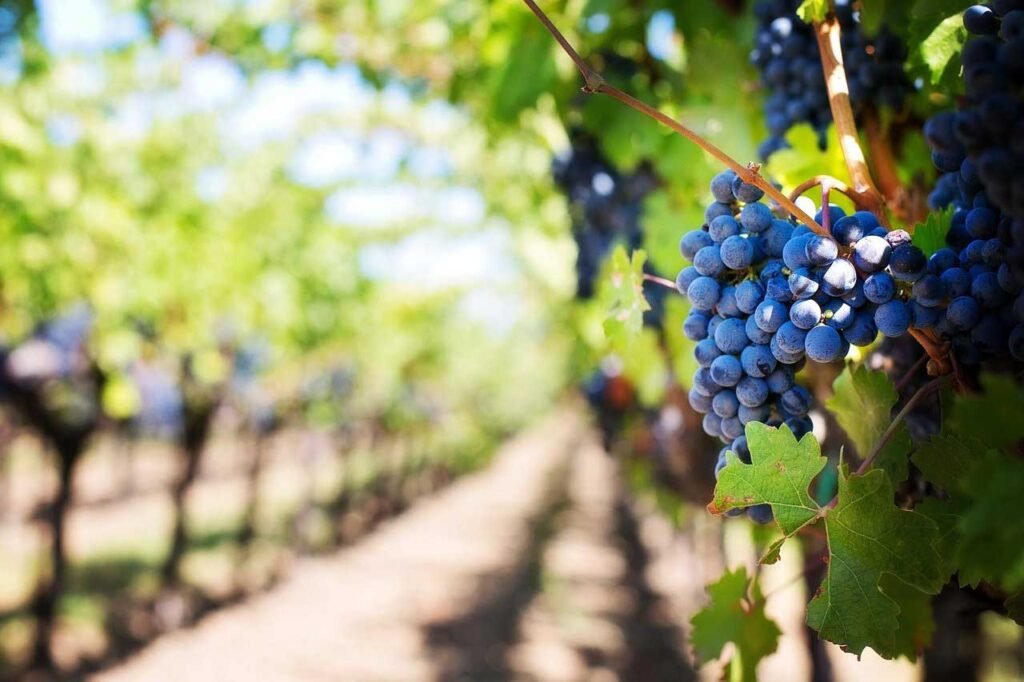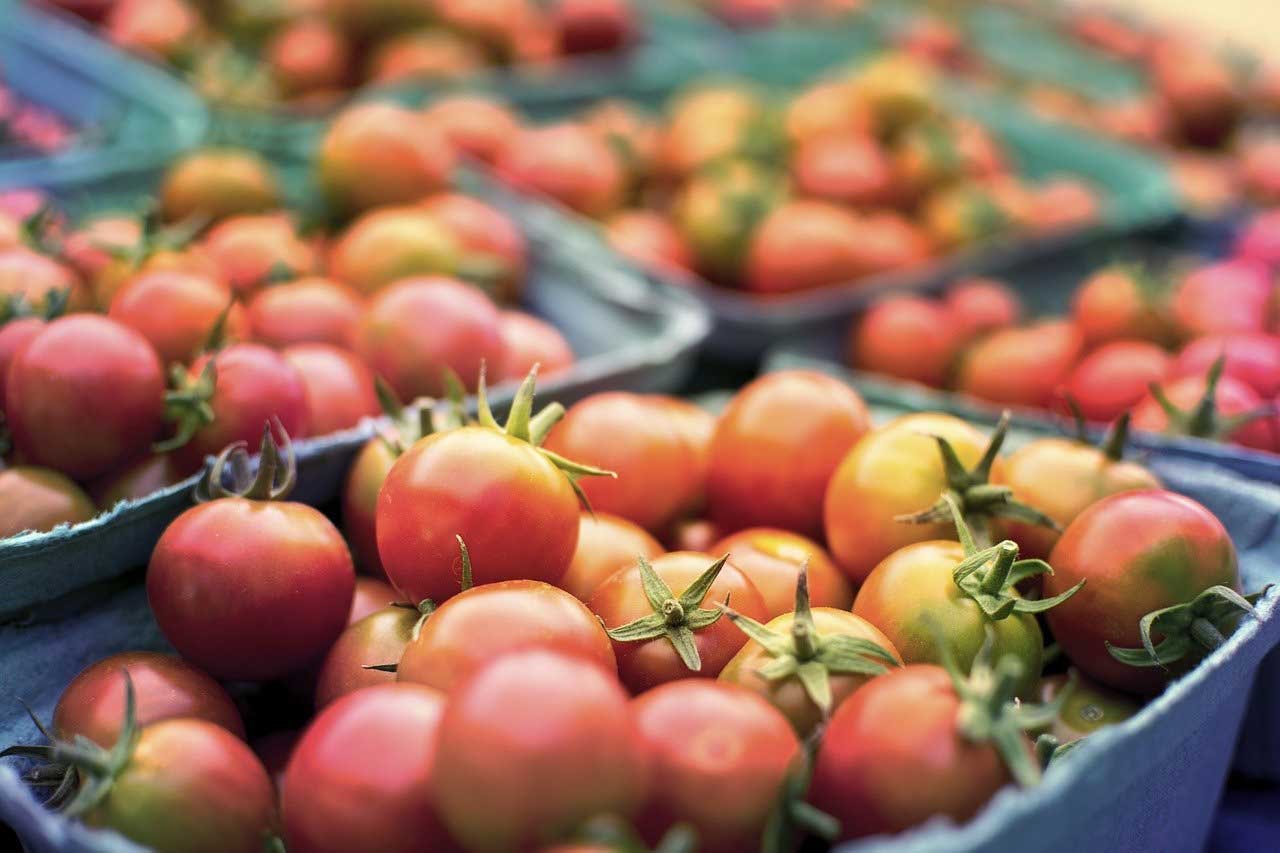Around 6500 years before the invention of the wheel, we’d already started changing human history by moulding nature to suit our needs. While ancient Mesopotamians in modern-day Iraq created the wheel in 3500 B.C, humans had already been farming plants and domesticating animals since around 10,000 B.C.
It was the establishment of domestic agriculture that allowed our ancestors to transition from their nomadic hunter-gatherer lifestyle. Because we were no longer dependent on foraging our food and hunting animals for survival, families were able to form larger groups and build communities who worked together.
Growing our own vegetable garden was still important for many of us only a century ago, but now we hunt for car parks and forage for perfectly spotless apples beneath the humming glow of fluorescent lights. Instead of communities working together to survive, we’re fighting each other in shopping centre aisles for rolls of toilet paper. Look how far we’ve come.
If you want to go back to that feeling of community, work together as a family, and live a more sustainable lifestyle, maybe you should consider organic gardening. Instead of paying top dollar for organic fruit and veggies at the shops, you can create your organic farm at home in your own backyard. Here’s how.
Where To Grow
Some people are lucky enough to live in a rural area or an outer suburb with plenty of room in their backyard for an organic farm. If this is you, simply work out how much of the yard space you want to devote to your garden and follow the tips below to plan accordingly. For those of us who only have a limited amount of space living in urban homes or even inner-city apartments, thankfully there’s some good news.
As long as you have an area that gets enough sunlight each day, you can still create your own organic garden in even the smallest of spaces. You can always plant organic herbs and veggies in containers or vertical gardens on your balcony. No matter how much space you have, simply follow these organic gardening methods to maximise growing space, prevent nasty pests, and increase your harvests.
Backyard Garden

Even if you live on a property with several acres available, it’s always a good idea to start small while you’re learning all about it. Because not only will a smaller organic garden be easier to look after, but you’ll also be able to work on making it more productive. So start with a small area, and then the more you successfully grow, the more you can expand it. Each year you can try planting something new until you’ve created the organic garden of your dreams.
In order to maximise your space and increase production, you should consider creating raised garden beds. Using built-up garden beds also promote easier management and better drainage for the best results. Also, make sure the soil in your organic garden is properly conditioned with healthy soil and lots of fresh nutrients. Enrich your garden soil with natural fertilizer from a home compost heap and proper mulching.
Vertical Gardening
No matter how small your yard is or how limited your growing space, you can always grow food by planting crops densely and vertically. While they may need a little extra attention like ensuring they get enough water, vertically grown vegetables are longer vulnerable to attacks from ground-dwelling slugs and the increased airflow means they’re less susceptible to fungal disease. Rather than allowing your crops to sprawl over large areas, the reduced exposure to pests and disease of vertical gardens can actually increase their yield.
Container Gardening
When you live in an apartment with only a small amount of space available, a great way to grow organic food is in containers. In fact, a planter box is actually one of the easiest ways for people to get started when learning how to grow a small organic garden. Whether you use brand new plastic containers, recycled clay pots, or any other used object that suit your style, anyone can create an organic garden of edible food on their back patio, apartment balcony, or even on the kitchen windowsill. Just make sure they get enough sun each day, and only use top quality organic soil and fertiliser.
What To Grow
When deciding what to grow, start by considering what you usually eat the most. Remember to choose plants that are most likely to thrive and grow in the specific sunlight, soil, moisture, and drainage conditions of your garden. Once you’ve chosen what plants to grow, you can then plan your organic garden accordingly.
Here are some of the most popular backyard vegetables to grow if you have good sunlight and quality soil:
- Lettuce
- Root vegetables (carrot, radish, turnips)
- Cucumbers
- Snow peas
- Strawberries
Ultimately, the more you harvest each season, the more food will be produced. Planting your crops in succession will yield more and extend the season of your harvest from your organic garden. By evaluating your garden at the end of each season, you’ll be able to make adjustments for next year’s planned crop. That way you can ensure you’re always investing your money, resources, and time growing the right crops and enjoying the fruits of your labour.
Small Farm Animals
If your organic garden is a success, you might want to move on to urban organic farming with some small farm animals at home. I mean, who doesn’t like the sound of fresh eggs, goat milk, and homemade honey each morning? As long as you have a sturdy fence around it, it’s actually pretty easy to build a chicken coop or beehive in your backyard. Even the smallest suburban backyards can easily accommodate some goats and a few bantam hens, and their droppings will provide you with excellent fertilizer for free.
Final Thoughts
You don’t need to recreate the wheel to build your own organic garden and farm, but it’s certainly going to be worth the small amount of time and effort you invest. Not only does it feel great knowing exactly where your family gets their food, but spending more time working outside and growing your own food is great for your body in every way. You know it’s true because your ancestors had to be strong to survive.


